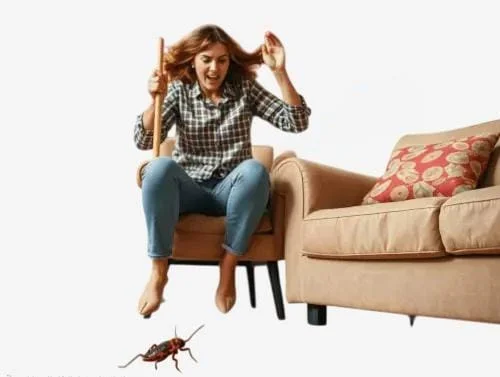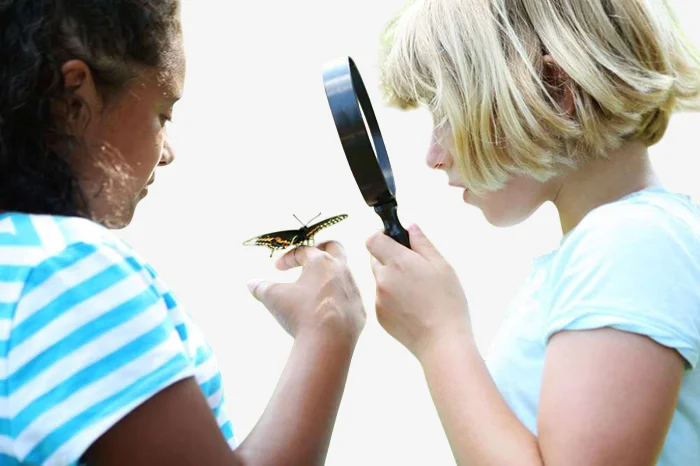Insect phobia is a type of phobia that affects many people, especially women, where the person experiences intense and exaggerated fear when seeing insects.
Those suffering from insect phobia experience anxiety and fear even when just thinking about insects, but the severity of the symptoms varies from person to person, requiring the intervention of a psychiatrist if complications arise.
What is insect phobia
Insect phobia, also known as entomophobia, is a type of phobia that manifests in symptoms of irrational fear and anxiety about insects, regardless of whether they are harmful or not.
Insects can be harmful, such as cockroaches and spiders, and others are harmless, such as butterflies. Therefore, those suffering from insect phobia avoid being in most open spaces and gardens for fear of encountering any insect.
Causes of insect phobia

There is no precise cause for insect phobia, but there are factors that contribute to the development of this phobia, such as:
- Genetic factors.
- Those suffering from generalized anxiety disorder.
- Exposure to traumatic experiences involving insects.
- Witnessing a family member exhibiting an exaggerated fear of insects.
What types of insects cause phobia
There are many types of insects that trigger intense fear in those suffering from insect phobia, including:
- Bees.
- Ants.
- Wasps.
- Worms.
- Spiders.
- Cockroaches.
- Butterflies.
What are the visible symptoms of insect phobia
Symptoms of insect phobia appear as soon as the person sees insects, pictures of them, or even thinks about them, and include:
- Dizziness and nausea.
- Rapid heartbeat.
- Unjustified anxiety.
- Trembling and excessive sweating.
- Difficulty breathing and a feeling of suffocation.
- An exaggerated feeling of fear.
- Obsessive thoughts about the possibility of insects being present in the area.
Methods of treating insect phobia
There are several methods for treating insect phobia, depending on the severity of the symptoms and the response of each individual case, including:
- Psychotherapy.
- Medication.
- Behavioral therapy.
- Gradual exposure therapy.
Medications for treating insect phobia
Medications for insect phobia may be prescribed, such as anti-anxiety or antidepressant medications or sedatives, including:
- Ativan
- Inderal
- Prozac
- Diazepam
- Lorazepam
- Propranolol
- Fluoxetine
Tips for coping with insect phobia

To control the symptoms of intense fear and anxiety about insects, it is advisable to follow these tips:
- Learn accurate information about insects.
- Practice deep breathing exercises to reduce stress.
- Try gradually exposing yourself to insects and getting closer to them.
- Talk to a mental health professional about what you feel when you see insects.
Frequently Asked Questions about Insect Phobia
Is insect phobia a mental illness
Yes, it is one of the mental disorders that affects a person and makes them feel exaggerated fear and anxiety.
What is the name of the phobia of insects
The phobia of insects is called entomophobia.
What is exposure therapy for insect phobia
It involves gradually exposing the person with insect phobia to insects in a safe environment until the patient feels comfortable and the fear gradually disappears over time.
Article Summary
Insect phobia is the feeling of exaggerated fear when seeing any type of insect. This phobia may occur due to genetic factors or as a result of seeing one of the parents suffering from it.
The treatment for this phobia may be simple, through breathing exercises or gradual exposure to insects, or it may require medication prescribed by a psychiatrist.